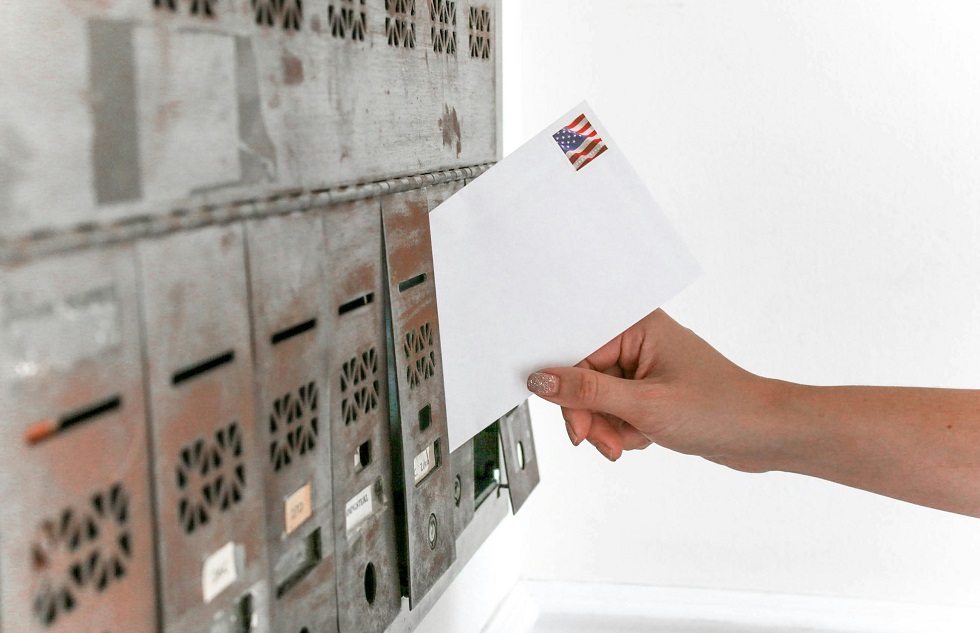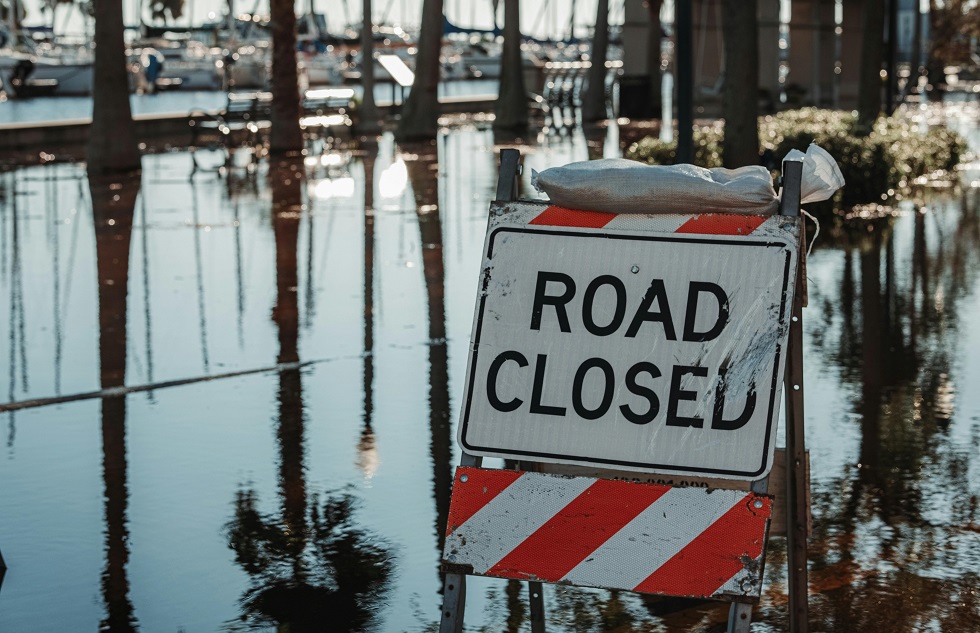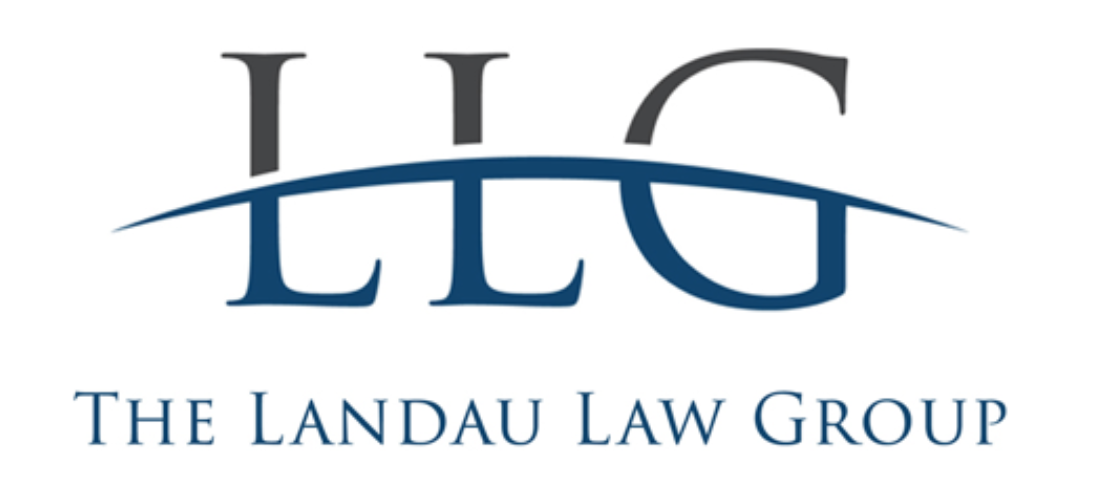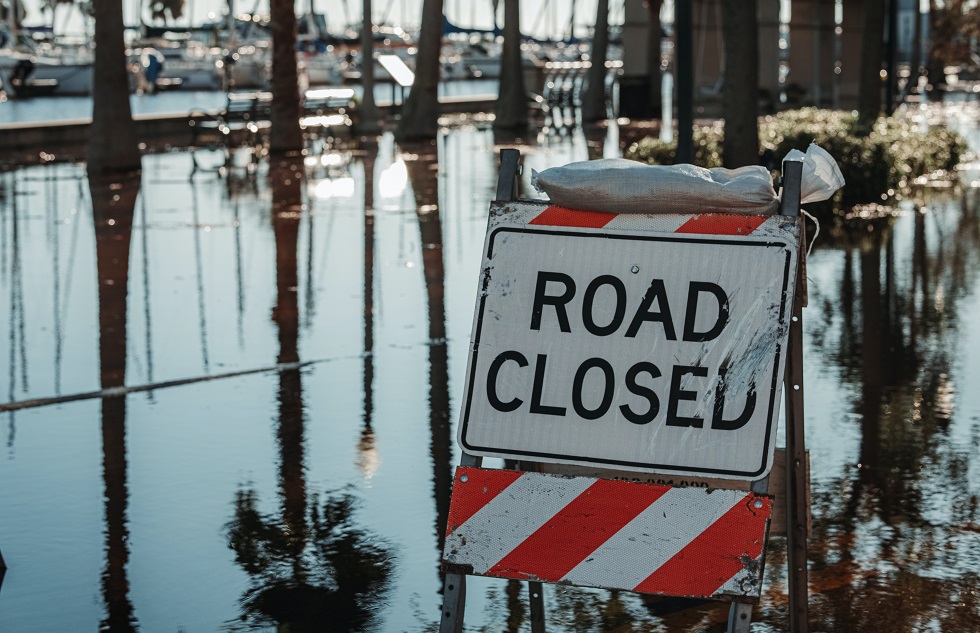Business interruptions have always been a fact of life, but businesses across the board are expressing greater concern over these interruptions as they continue to increase in frequency and severity.
Recent statistics suggest that 65% of business executives are currently highly concerned about how business interruptions will impact 2022 and 2023.
With that in mind, more businesses are turning to business interruption policies, which are designed to provide coverage for business interruptions. Learn everything you need to know about this type of insurance and what to do if your claim gets denied below.
What is Business Interruption Insurance?
According to recent statistics, about one in four businesses never reopen after they get hit by a disaster. The main reason why they’re unable to overcome the disaster is often because they can’t sustain the loss of profit, the increase in expenses, and the overall costs of rebuilding.
Of course, disasters are an inevitable part of life, so wise business owners will usually buy this specific insurance to help avoid this type of fate.
The simple definition of business interruption insurance is a policy that a business owner pays into in exchange for financial protection in the event of a future disaster. In short, business owners can collect compensation from their provider if:
- Your business sustains direct physical loss or damage and must stop operations
- Your business sustains direct physical loss or damage that prevents customers from accessing the property
- A government shutdown prevents direct physical loss or damage to your business
This type of policy should kick in after a disaster like a typical Floridian hurricane or wildfire.
What Does Business Interruption Insurance Cover?
In many cases, business interruption policies are bundled together with a business owner’s overall property and liability policies, but they are two separate policies that cover different things. The property and liability policies typically cover actual damage to the property. Business interruption insurance, on the other hand, covers:
- Fixed expenses during the business interruption
- New costs incurred while operating offsite
- Lost revenue and income due to business closures
In general, fixed expenses include things like your business’s typical rent, employee’s wages, taxes, relocation costs, and other costs you typically pay for. Other policies, like contingent business interruption policies, can also provide coverage when supply chains cause disruptions. Extended business interruption policies can also cover losses while a business property is getting repaired.
Business Interruption Insurance Cost: Is it Worth it?
A business that opts to purchase this type of coverage will pay into the policy monthly. If all goes well, then that business might not ever recover a penny of that money they put into the policy because they never suffer from a disaster-induced business interruption. That might not seem like a great deal, but it still may be worth it for your peace of mind and your business’s security.
When you do suffer a disaster, though, the coverage can prove invaluable. In general, these policies aim to return your business to the same financial state you would be in had you not suffered the disaster. To get the full amount you deserve, you’ll have to demonstrate your business’s estimated profits by proving your average earnings, pre-disaster forecasts, and more.
Did Your Business Interruption Claim Get Denied?
Problems start to crop up when businesses suffer an interruption, seek out coverage with a claim to their provider, and then receive a denial letter in the mail. If you recently had your business interruption claim denied, then don’t panic! First, make sure to read the letter thoroughly to identify why your claim was denied.
Common Reasons for Business Interruption Claim Denials in Florida
Sometimes, the issue is as simple as correcting a mistake on your paperwork. Here are some of the most common reason or business interruption claim denials in Florida:
- Insufficient coverage
- Errors on your documentation
- Not enough documentation
- Delays in filing your claim
- Lapses in paying your policy premiums
- Exclusion clauses
- Failure to mitigate damages
Once you identify what went wrong, you can decide on how to move forward.
Getting Help with Your Florida Business Interruption Claim
Were you recently hit with a business interruption claim denial? If so, then it’s crucial not to simply accept the denial without looking more into it. In many situations, you can get a reversal of your denial by addressing the reason for the denial.
Of course, it’s not always a straightforward and easy path to reverse a business interruption claim denial. It might make the most sense to consult with a property damage attorney for help.
Are You Ready to Speak With a Florida Property Damage Lawyer?
If you purchased business interruption insurance, then you likely were relying on that coverage to kick in after your business suffered as a result of a disaster. If your provider is not cooperating with you when it comes to your business interruption claim, then it might be time to speak with a Florida property damage lawyer about your situation.
A good lawyer can help you determine whether your insurance provider is truly acting in good faith while handling your claim. Keep in mind that your provider is obligated by law to act in good faith, so you’ll have recourse if they aren’t living up to that standard.
Are you ready to speak with a property damage attorney in more detail about your business interruption claim? Schedule a consultation with Landau Law now to learn more about how we can help.
Florida Property Damage Lawyers
Property Damage Blog Posts

How Do Home Insurance Companies Determine Pre-existing Damage?
Home insurance companies employ various methods to assess pre-existing damage when evaluating property damage claims. This process is crucial for insurers to determine the validity and extent of coverage for property damage. Insurance adjusters conduct thorough visual...

Signs Your Insurance Adjuster Estimate Is Too Low
Insurance claims can be complex, and receiving an adjuster's estimate that seems too low is a common frustration for policyholders. Recognizing the signs of an undervalued estimate is crucial to ensure fair compensation for property damage or losses. Key indicators of...

Why Does Florida Have So Many Hurricanes?
Florida is renowned for its beautiful beaches, vibrant culture, and, unfortunately, its frequent encounters with hurricanes. The state's unique geographical location and climate conditions make it particularly vulnerable to these powerful storms. Florida's position on...

What To Do If You’re Denied Hurricane Damage Claim For Home
Hurricane damage can be devastating for Florida homeowners, leaving them in a state of distress and financial uncertainty. When insurance claims for such damage are denied, it adds another layer of stress to an already difficult situation. Facing a denied claim...

Guide To Documenting Damages For A Florida Flood Claim
Proper documentation of flood damage is crucial for a successful insurance claim in Florida. When floodwaters recede, homeowners face the daunting task of assessing and recording the extent of their losses. Thorough documentation, including photos, videos, and...

What To Do If You Disagree With A Home Insurance Adjuster
Dealing with a home insurance claim can be stressful, especially when you disagree with the adjuster's assessment. Many homeowners find themselves in this frustrating situation after experiencing property damage or loss. If you disagree with the insurance adjuster's...

How To Sue Your Neighbor for Property Damage in Florida
Property damage disputes between neighbors can quickly escalate, turning once-friendly relationships sour. If you're facing significant property damage caused by a neighbor in Florida, legal action may be necessary to protect your interests and recover damages. In...

Common Reasons Your Florida Hurricane Damage Insurance Claim May Be Denied
Florida homeowners face a daunting challenge when their hurricane damage insurance claims are denied. Understanding the common reasons for these denials can help you navigate the claims process more effectively. Insurance companies may deny claims due to inadequate...




